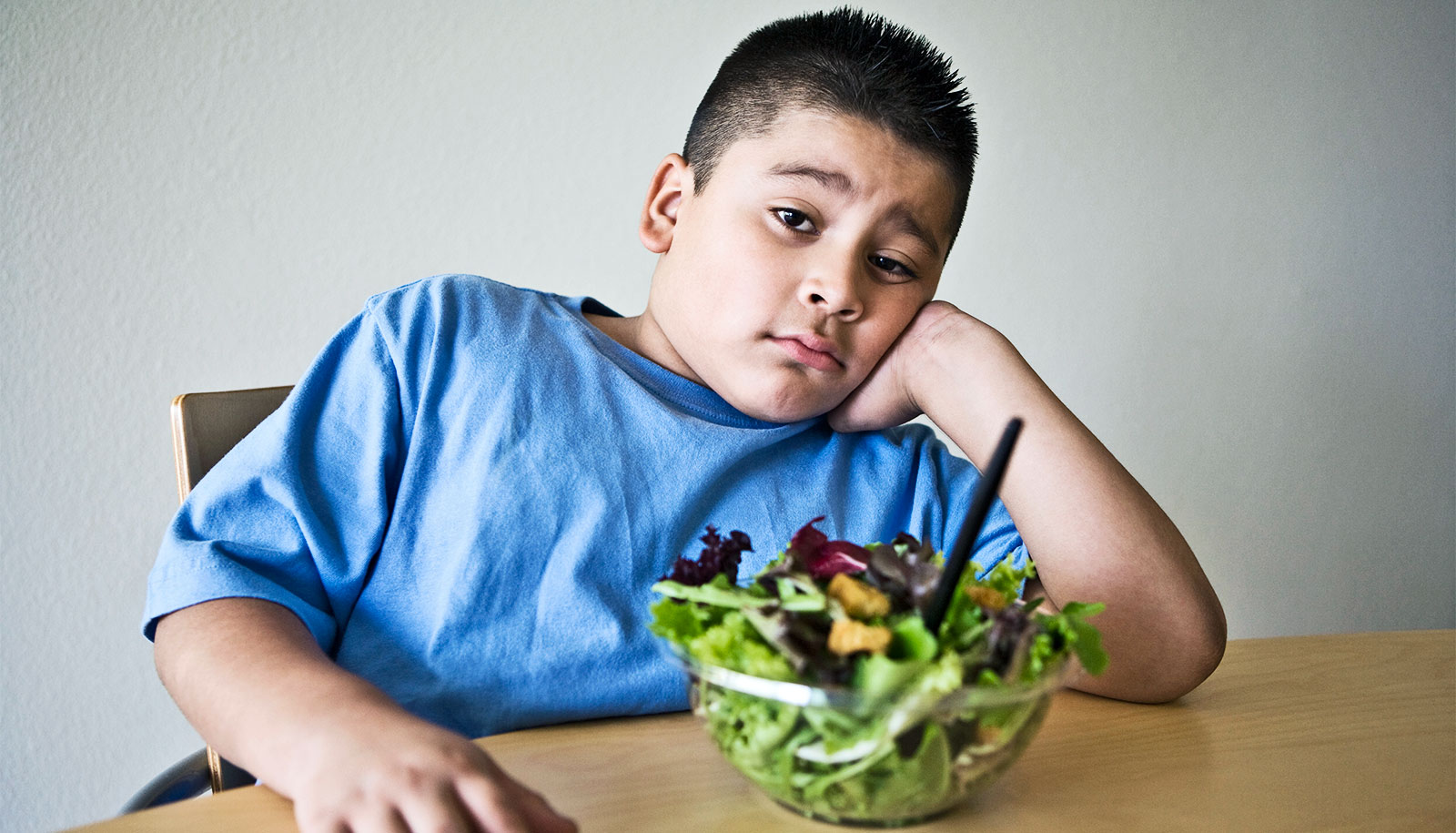Board games, card games, and even computer games can get children to eat more fruits and vegetables, but they can also encourage children to eat more unhealthy snacks, according to new research.
The researchers reviewed 43 studies from the around the world that investigate the use of games and “gamification” meant to influence the eating habits of children.
“The games that work combine aspects of competition, such as earning points, with a compelling plot…”
“Most games succeed at influencing child behavior in a desired direction. For example, by getting them to consume larger amounts of fruit and vegetables and raise their awareness about food. The games that work combine aspects of competition, such as earning points, with a compelling plot, where the player is typically a hero on a mission,” says first author Ching Yue Chow of the food science department at the University of Copenhagen.
A study in the United States shows that a physical game in which 5- and 6-year-old children had to help a superhero beat back villains by eating fruit and vegetables caused the children to eat 66% more fruit and 44% more vegetables in the school cafeteria. Parents reported greater consumption at home, and a greater willingness among their children to try new types of fruits and vegetables.
“When one learns to eat more fruits and vegetables as a child, we know that their behavior will continue into adulthood. As such, it is important for us to learn how to change eating habits while people are still young. Here, games can be useful tools,” according to coauthor Annemarie Olsen, an associate professor in the food science department.
She believes that it is necessary to compare game experiences against more traditional approaches used to change children’s eating behaviors, in order to explore how best to use games as tools.
“…games can also have a negative effect on children’s eating habits…”
At the psychological level, effective games provide children with a sense that they are acting on their own free will, that they feel competent to perform the required actions, and that they are part of a social community. The researchers point out that it is very important to design the games in such a way that they create intrinsic motivation in children, so that they are not just motivated by reward.
“If reward is always at the heart of game, there’s a risk that motivation will disappear once the game is finished,” says Chow.
She points out that most studies have only investigated short term effects and that more research is required to study effects over the long term
The researchers looked at a game experiment designed to get children to eat more healthy or unhealthy snacks. The latter are known as “advergames,” and used by companies use to promote a specific product. Here, there’s a clear effect.
“All of the studies in this area demonstrate that these games have an immediate effect on children, whether getting them to eat healthy—or unhealthy snacks. Thus, one should be aware that games can also have a negative effect on children’s eating habits,” says Chow.
The review appears in Food Quality and Preference. Additional researchers from the University of Copenhagen and Deakin University in Australia contributed to the work.
Source: University of Copenhagen



